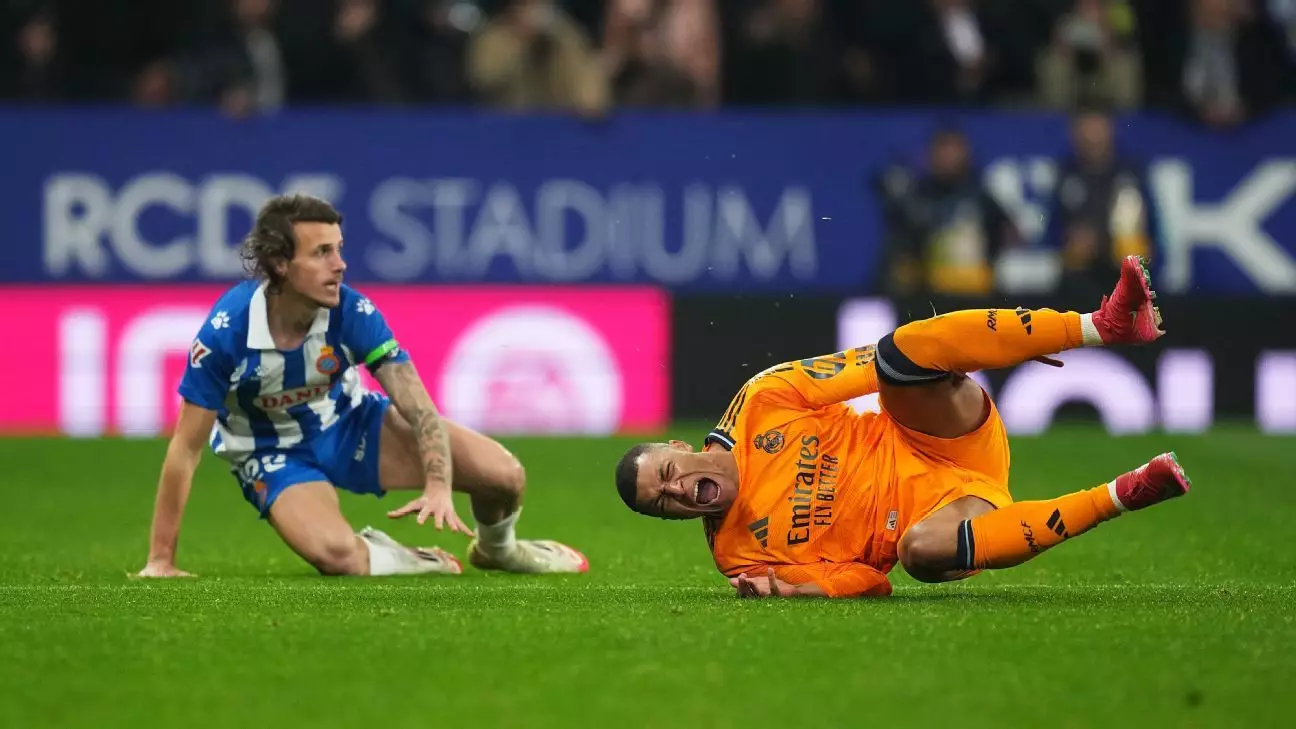In a surprising turn of events, the Royal Spanish Football Federation (RFEF) has announced significant changes to its officiating structure, marking a potential turning point for the integrity and efficiency of refereeing in the country. On Thursday, the federation determined it was time to cut ties with Luis Medina Cantalejo, the head of the Technical Committee of Referees (CTA), along with Carlos Clos Gómez, the figure overseeing the Video Assistant Referee (VAR) system. This decision indicates a clear departure from previous leadership and highlights the RFEF’s commitment to ushering in a new chapter in Spanish football officiating.
The RFEF has openly communicated its intentions, underscoring that this change is not simply cosmetic but a compelling response to ongoing frustrations expressed by clubs, fans, and stakeholders alike. The federation aims to cultivate an officiating system that is more transparent and adaptable, aligning itself with the contemporary demands of the sport. RFEF President Rafael Louzan noted that these alterations come amid a landscape of notable dissatisfaction surrounding refereeing standards, which have led to heightened tensions, particularly among clubs with strong legacies, such as Real Madrid.
Responding to Criticism
The scrutiny that Medina Cantalejo and Clos Gómez faced, especially as incidents of questionable officiating decisions accumulated, illustrates the urgent need for reform in Spanish refereeing. The complaints voiced by clubs, culminating in formal allegations by Real Madrid about “manipulation and adulteration” of the competition, indicate a systemic problem reaching far beyond isolated incidents. As fans of the game, we cannot overlook how these challenges reflect deeper issues within the officiating structure itself.
The impact of the Negreira case looms large over the Spanish football landscape, with serious allegations suggesting malfeasance that directed funds to the former vice president of refereeing. The fallout from these revelations has intensified calls for accountability and reform within the RFEF. This situation cannot merely be viewed as a series of isolated incidents; instead, it uncovers a systemic crisis that has eroded faith in the integrity of Spanish football.
A New Vision for Officiating
The RFEF’s declaration of a “new era” in officiating comes with a promise to incorporate dialogue from a diverse range of stakeholders, including referees, professional clubs, and the federation itself. This collaborative approach is not just a step forward; it signifies a paradigm shift that could redefine how decisions are made in the officiating realm. Proposals for a modernized, efficient refereeing framework are essential if Spanish football is to repair its image and restore trust among supporters.
Moving forward, it will be imperative for the RFEF to keep the lines of communication open and transparent. Engaging with fans and stakeholders on these reforms will be crucial in building a renewed sense of legitimacy in the officiating process. The federation’s commitment to addressing these concerns head-on invites optimism, but it requires a sustained effort to translate these goals into tangible improvements on the pitch. As the RFEF prepares to unveil its revamped Technical Committee of Referees, the eyes of a nation will be watching closely, eager for genuine transformation in the face of significant challenges.

